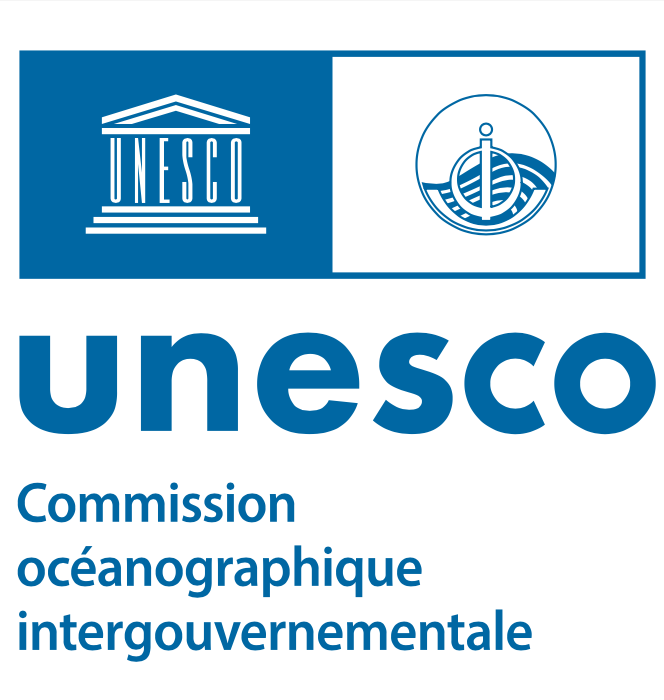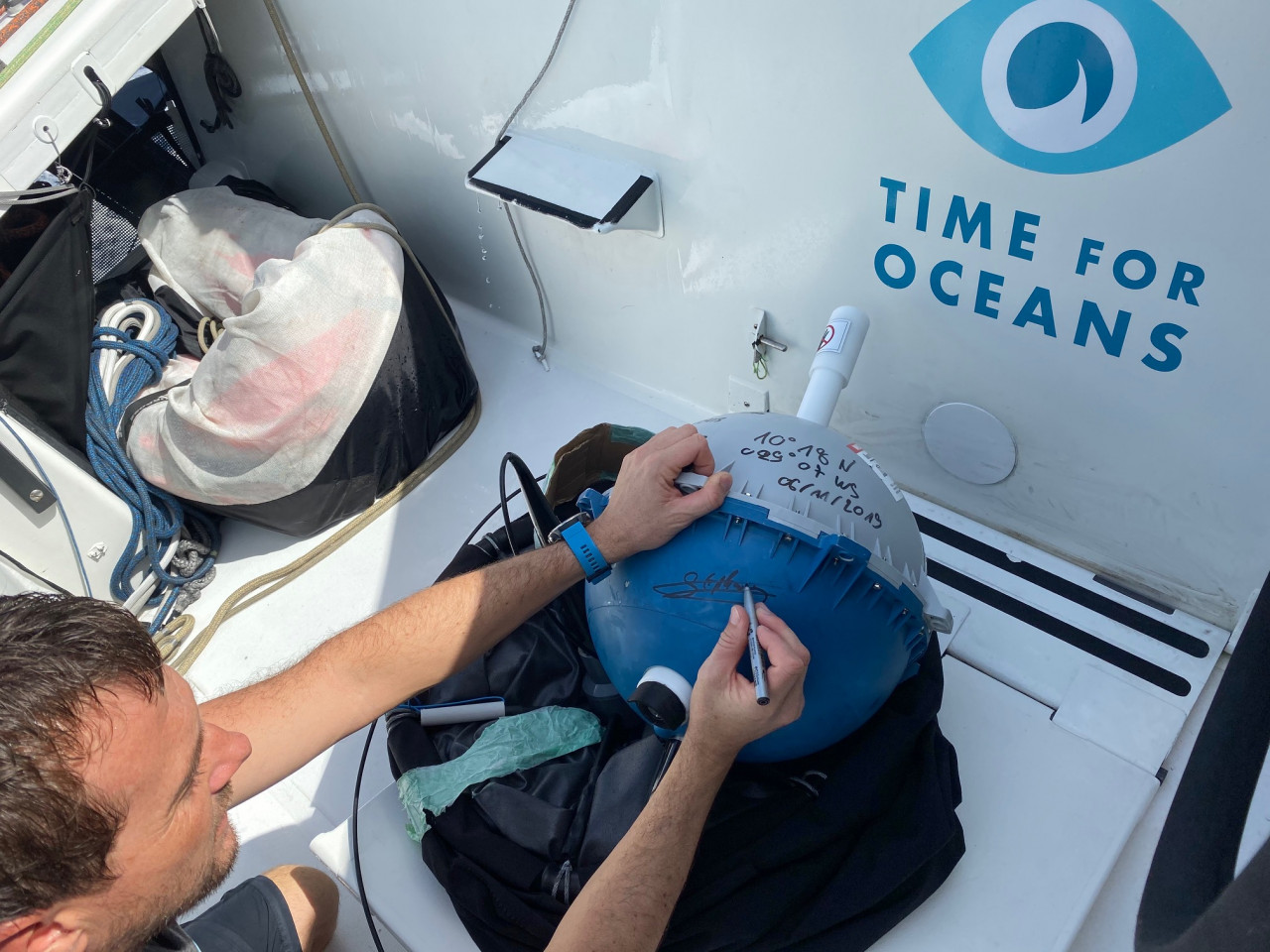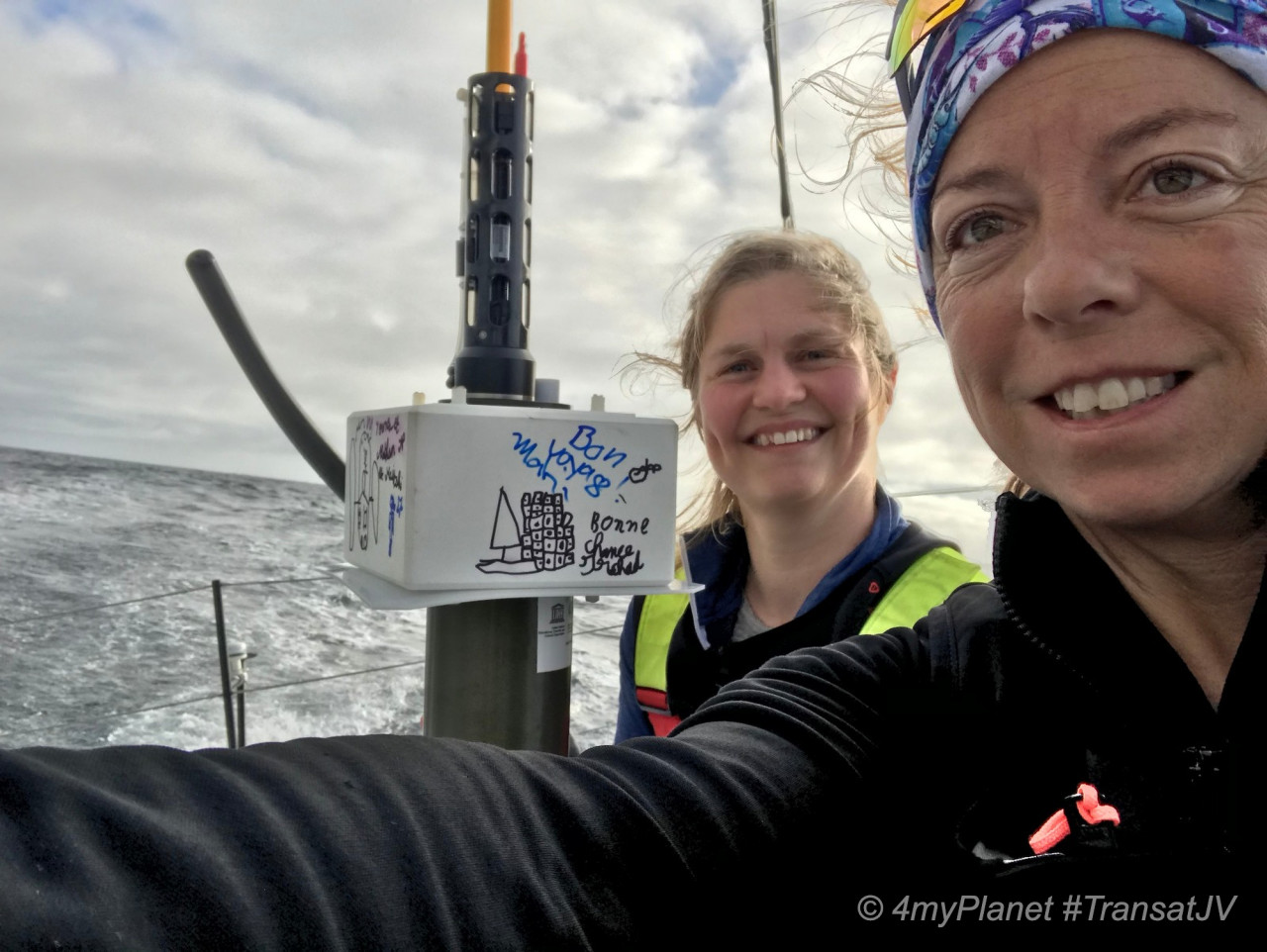UNESCO

IOC-UNESCO is the United Nations body responsible for supporting global ocean science and services. This organization allows its 149 member states to work together to protect the health of our shared ocean.
The organisation coordinates ocean observing, risk mitigation, tsunami warning and marine spatial planning programs.
IOC also provides guidance to other United Nations organizations and agencies on marine science, observations and data exchange. One of the main objectives of IOC is to enable Member States to strengthen the scientific and institutional capacities needed to achieve the United Nations Sustainable Development Goal No. 14, which aims to conserve and sustainably manage natural resources. ocean and marine by 2030.
SCIENCE SETS SAIL
The 31st January 2020, a partnership agreement between UNESCO’s Intergovernmental Oceanographic Commission (IOC) and the International Monohull Open Class Association (IMOCA) has been signed at UNESCO headquarters in Paris.
Over the next two years, the two partners will carry out joint projects to support marine scientific research and to raise awareness about the importance of ocean science for the protection of the ocean and the sustainable use of marine resources.
The activities will be coordinated by a Joint centre for oceanographic and marine meteorological observing programme support (JCOMMOPS) – a collaboration between the IOC and the World Meteorological Organization (WMO) – which internationally coordinates about 10,000 in situ ocean observing instruments for the continuous monitoring of the global ocean and the atmosphere above it.
The IMOCA Classe contributes to the internationalisation of offshore racing and combines the notions of competition, innovation, human adventure and safety. Further, central to IMOCA is how to constantly respect the environment better.
“Our skippers each share a variety of unique experiences; navigating to the most isolated corners of the globe whilst witnessing first-hand our impact on the World’s oceans. As a result, the IMOCA Class understands the urgent need to protect and preserve our seas, making our work with UNESCO’s IOC even more valuable.”The IMOCA class.
Navigating in much more agile and nimbler boats than heavier traditional scientific vessels, the competitive sailing boats of the IMOCA class can reach areas of the ocean that are poorly served by regular maritime traffic. Gathering ocean-atmosphere data with on-board instrumentation all along the track and deploying Argo profilers and surface drifters are very valuable contributions to the Global Ocean Observing System coordinated by UNESCO’s IOC.
Back in October 2019, navigator Alexia Barrier and co-skipper Joan Mulloy of 4myplanet deployed an Argo float donated by the French consortium Coriolis off the Bay of Biscay, during the Jacques Vabre Transatlantic yacht race from Normandy to Brazil. Other crews (Boris Herrmann and Will Harris of Malizia, Stéphane Le Diraison and François Guiffant of Time For Oceans, and Fabrice Amedeo and Eric Péron of Newrest-Art & Fenêtres) contributed to the collection of scientific data, by taking aboard two weather drifter floats developed by a Copernicus-funded project from EUMETSAT (TRUSTED buoys), and an oceanographic sensor capable of measuring levels of CO2, salinity and surface temperature.
“Everyone has his or her role in the journey to a sustainable ocean, sometimes in distant and less accessible parts of the ocean. The sailing boats of the IMOCA Class will be special contributors to ocean observations, helping to collect crucial ocean data,” commented Vladimir Ryabinin, Executive Secretary of UNESCO’s IOC to welcome the partnership between sailing and science.
- 2 meteorological drifting floats developed by an EUMETSAT Copernicus-funded project

- 1 oceanographic sensor capable of measuring CO2 levels, salinity and surface temperature.

During the Vendée Globe, the operation is continuing and will be expanded with new sampling devices on board the IMOCA boats, which will be competing around the world from 8th November 2020.
